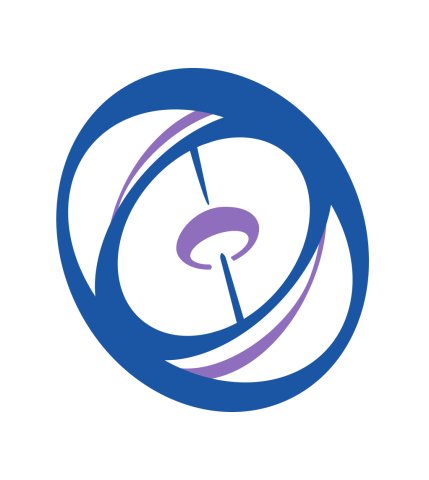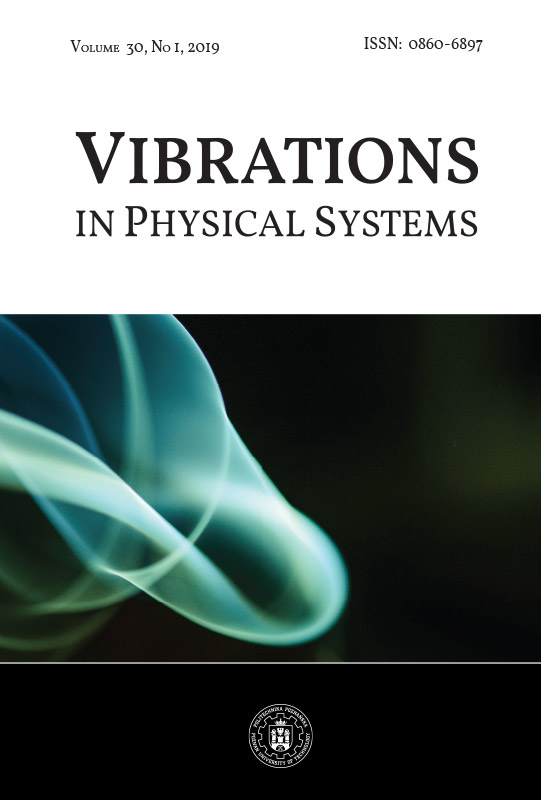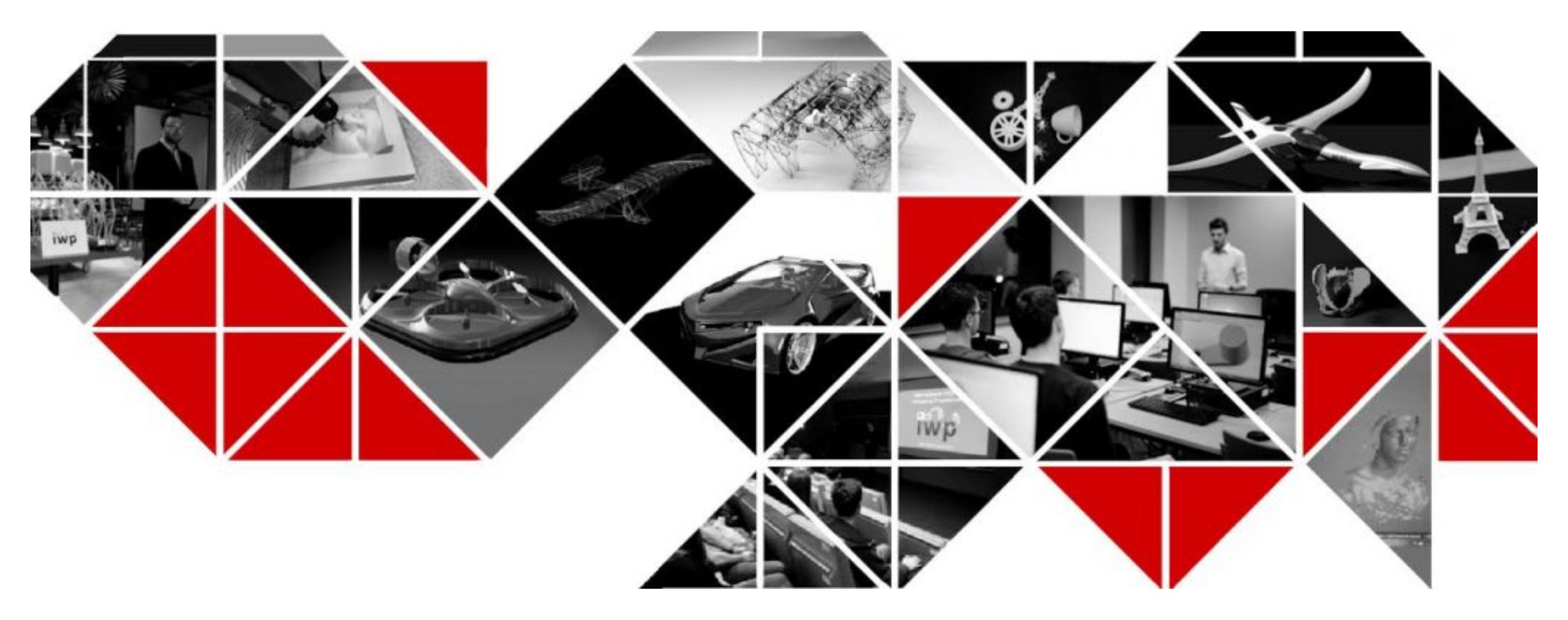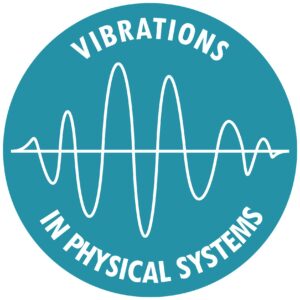
JOURNAL CONFERENCES SCIENTIFIC CLUBS
RESEARCH TOPICS
The Institute conducts research in the field of the scientific discipline of mechanical engineering and biomedical engineering. The basic research topics related to the education of own research staff (doctoral and postdoctoral theses under preparation) include:
- Non-mechanical effects in the dynamics of continuous media
- Modern problems of mechanics of non-Newtonian fluids
- Stability and optimization of thin-walled multi-layer structures
- Application of information technologies and experimental data in vibroacoustics of biomechanical systems
The institute develops such scientific specialties as:
- Computer methods in mechanics
- Thermoelasticity and thermal stresses
- Fluid mechanics
- The theory of heat conduction
- Connected fields theory
- Mechanics of auxetics
- Nonlinear dynamics
- Mechanisms theory
- Interval arithmetic
- Biomechanics
- Stability of shell structures in the elastic-plastic range
- Optimization of thin-walled, composite and multi-layer structures
- Strength and stability of thin-walled bar, plate and shell structures
- Computer methods of structure analysis
- Modeling and testing of mechanical properties of construction materials
- Structures made of porous materials
- Multisymptomic vibroacoustic system diagnostics
- Diagnostics of technological processes with the use of acoustic emission
- Machine dynamics and structural energy flow in mechanical and biomechanical systems
- Protection of man and the environment against vibrations and noise
- Minimization of vibrations of machines, devices and systems
- Vibroacoustic simulations
- Vibroacoustic monitoring
JOURNAL
Vibrations in Physical Systems (ISSN 0860-6897) is an open access journal devoted to publications in the field of broadly understood vibration analysis of physical systems. All articles are distributed under the terms of the Creative Commons Attribution License (CC BY) (http://creativecommons.org/licenses/by/4.0/).
It is assigned to four scientific disciplines: mechanical engineering, biomechanical engineering; materials engineering and civil engineering and transport.
The subject of published works covers a broad spectrum:
 mathematical modeling and experimental methods in sound and vibration analysis;
mathematical modeling and experimental methods in sound and vibration analysis;- wave problems in the mechanics of solids;
- analysis of nonlinear phenomena of deterministic and stochastic vibrations;
- computational methods in vibration problems;
- modeling and identification of dynamical systems;
- signal processing and analysis;
- active vibration control;
- energy method in vibration engineering;
- vibration and energy problems related to biomechanics;
- dynamics of rotating machines and systems;
- vibroacoustics and machine diagnostics;
- vibration and noise of transport systems, vehicles and roads;
- structure dynamics; vibrations of structures made of composite materials;
- vibration problems in environmental engineering;
- vibrations of granular materials;
- vibrations and dynamic stability of structural elements, beams, plates, shells;
- flow vibration, fluid structure interaction, aeroelasticity;
- dynamic behavior of vibration isolating elements and systems;
- and others.
Contact address: vibsys@put.poznan.pl
Jour website: htpps://vibsys.put.poznan.pl
Publisher's website: http://ed.put.poznan.pl/
MEiN points – 70 pkt.
CONFERENCES
The Institute of Applied Mechanics is the organizer or co-organizer of the following conferences:
VIBSYS is a conference organized by the Polish Society of Theoretical and Applied Mechanics and the Institute of Applied Mechanics of the Poznań University of Technology.
The thematic scope of the conference includes, among others dynamics of machines, vibroacoustics, waves in solids and fluids, issues of stability and control as well as biomechanics.
It brings together mechanics, mathematicians, engineers, designers, technologists and physicists, around the latest achievements of basic and applied sciences, creating good conditions for the exchange of experiences.
VibDiag is a conference organized by the Institute of Applied Mechanics of the Poznań University of Technology and the Polish Society of Technical Diagnostics.
The subject of the conference includes broadly understood vibroacoustics and vibroacoustic diagnostics of machines, devices, structures, means of transport as well as vibroacoustics of the natural environment and work environment.
The aim of the conference is to exchange experiences and present the achievements and research results by the participants.
SCIENTIFIC CLUBS
Biomechanical Society of Students 'Da Vinci' 
Biomechanical Student Society "Da Vinci" is a research club that was registered at the Institute of Applied Mechanics at the Poznań University of Technology in 2014 on the initiative of Biomedical Engineering students. The activity of the club focuses on the biomechanics of the human musculoskeletal system, mechanical modeling of tissues and the application of modern computational methods in biomechanical issues.
Chairwoman: Iryna Kachura-Zhechytska
Contact: iryna.kachura-zhechytska@student.put.poznan.pl
Website of the club: btsdavinci.put.poznan.pl
RKN PP
'Tensometr' Scientific Club
The Tensometer Scientific Club was established in April 2024 on the initiative of students and is related to mechanics, strength of materials and structures. As part of the club, students expand their knowledge during additional lectures and laboratory classes.
Additionally, they carry out research on:
- designing and constructing stations for testing the mechanical properties of materials and structures and extending existing stations,
- scanning and performing numerical calculations for actual objects and comparing them with the results obtained on the basis of experimental tests.
We are also interested in cooperation with other scientific clubs and conducting research that is useful in the implementation of their projects.
Chairwoman: Anna Stawiarz
Contact: anna.stawiarz@student.put.poznan.pl
RKN PP
Virtual Design Engineering Scientific Club
The Scientific Club of Virtual Design Engineering is related to the Virtual Design Engineering specialization, but is open to all students of the Poznan University of Technology. The club bases its activity on the implementation of projects related to broadly understood virtual engineering. The research carried out as part of it concerns, among others, areas such as:
- construction of machines/vehicles (drones, electric skateboards, walking vehicles, 3D printers),
- bioengineering and biomimetics
- FEM and CFD calculations (simulations and visualization of flows)
- 3D printing and CNC machine tools
- cooperation with PUT Motorsport
Official fanpage of the club: www.facebook.com/iwp.put


